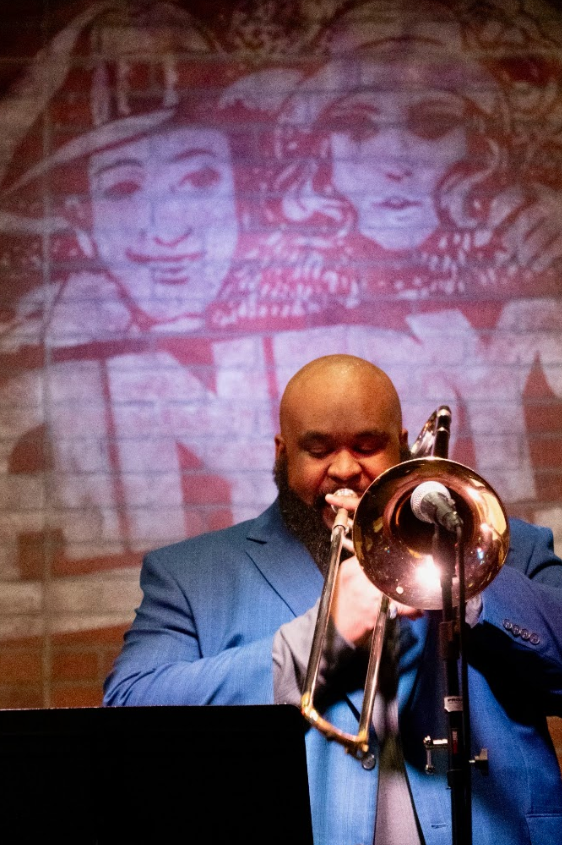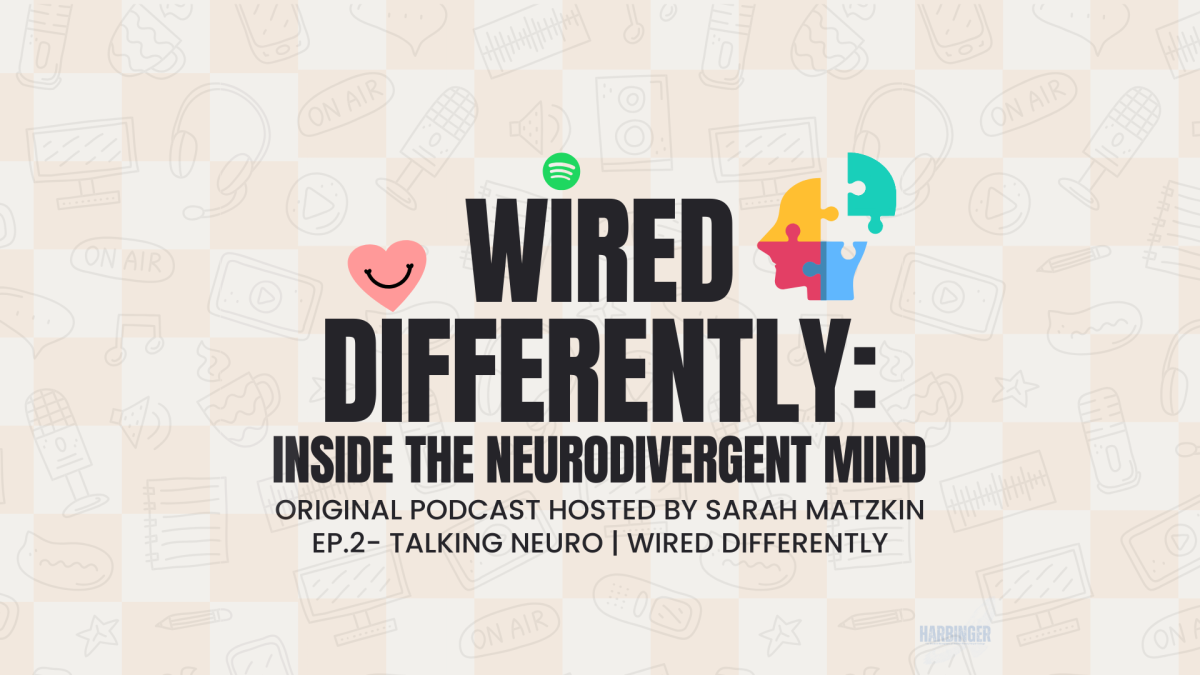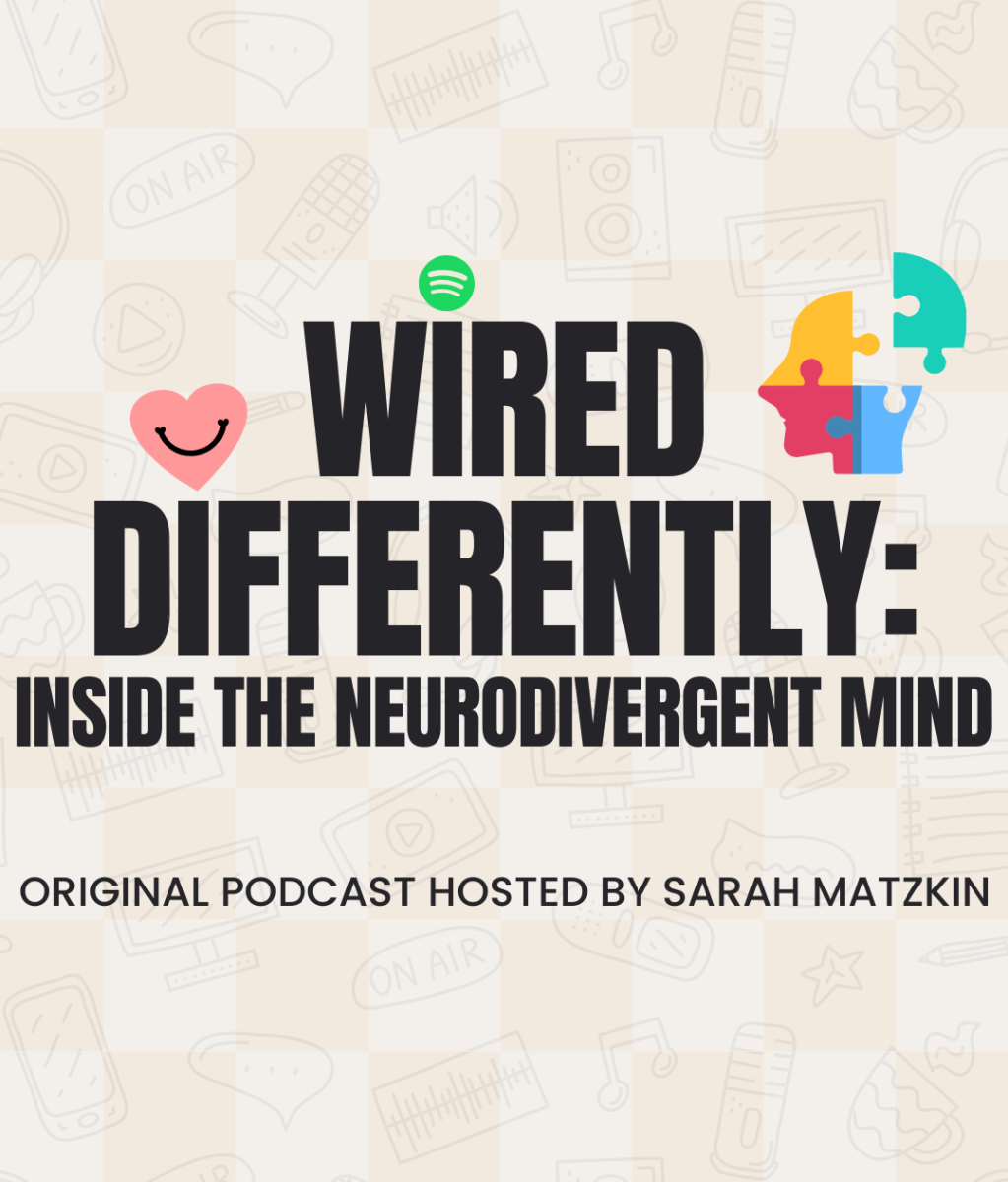
I don’t like horror movies. There’s something about the loss of control in them that never sits right to me. These are films meant to scare you: to take away the safety and certainty that we come to know, that films can often give us. A comedy makes us laugh, a drama can make us cry, but to be scared means being thrown through a loop. It’s why I often don’t bother with the genre.
Yet, while cruising the internet on a rainy day with nothing to do, I discovered an old serial from 1933. It was the story of a man who defies the natural order for love, and faces the consequences as he loses his mind to the great powers he had unlocked.
The Invisible Man shouldn’t work; well, at least not for me. The main character is only visible for a minute, and spends the rest of the time wrapped in bandages with a thick coat. But I could understand the scientist Griffin. His needs, his wants and his ambitions were all clear in a way the slashers of the ‘80s and ‘90s just weren’t for me.
The Invisible Man’s focus was on the man underneath the bandages, and even though I couldn’t see his face, I could understand the desperation in his voice. Jack Griffin was a poor scientist in love with Flora, his boss’s daughter from high society. Wanting to provide for her, Griffin develops a serum that turns whoever takes it invisible. Griffin, however, tests the product on himself, unaware that the chemicals used will eventually drive him mad, leading to a rampage against a public fearful of what they cannot see.
It reminded me of sitting in an office, getting data and mindlessly plugging in and transforming it into graphs, charts and slides that I didn’t even understand. I went into a corporate job I didn’t love because I felt I needed to make something of myself; to have security instead of finding purpose in the things that I loved.
Claude Rains plays the titular role with a voice full of color in a black and white world. We don’t see Griffin’s face, but with every tone hit and line read, you can picture the expressions of man gone mad. Sometimes, I found that I had to alter my voice: to sound excited when given numbers to crunch, or to raise an octave when talking to management. Never my real self, only a reflection of what others wanted and needed to be — in other words, invisible.
See, all of the Universal Monsters are tragic at their core: Dracula has lived too long and wants the embrace of death; Frankenstein’s monster wants to be recognized and loved; the Wolfman just wants to be free of his curse. They’re different from the world, ripped from the normalcy they wanted and cursed to become freaks. But they long to find a place to belong, to not be alone — to be themselves. And it’s why during my malaise in corporate America, I kept digging through the archives, watching these dusty creatures fight for their place in the world, a place to just… be.
It’s why on a cold December night, I was glued to the screen as Griffin’s experiment turns his mind inside out. The kind scientist turns into a raving madman, killing those in his way and staging a one man war against a quiet English town.
Now, I’m not going around the English countryside terrorizing passers-by, but I saw the corruption and the hate spurred on by Griffin pushing against his nature, and realized that was me: a writing major drifting away from the things he loved in order to have the security and respect he felt he needed. I loved the people that I met, the bosses I learned from, but the farther I drifted from that writer, the more it dawned on me that I had lost myself. It took a bit, but I finally found the strength to quit, to go on my own path once more. Losing control is a terrible feeling, like letting someone take the wheel from you as you jump away in fear. But here I am, back in control and in school, one year away from having to pay for my own health insurance and thinking about how to keep progressing to whatever comes next. It’s hard and unseen work, but at least I finally feel seen.







